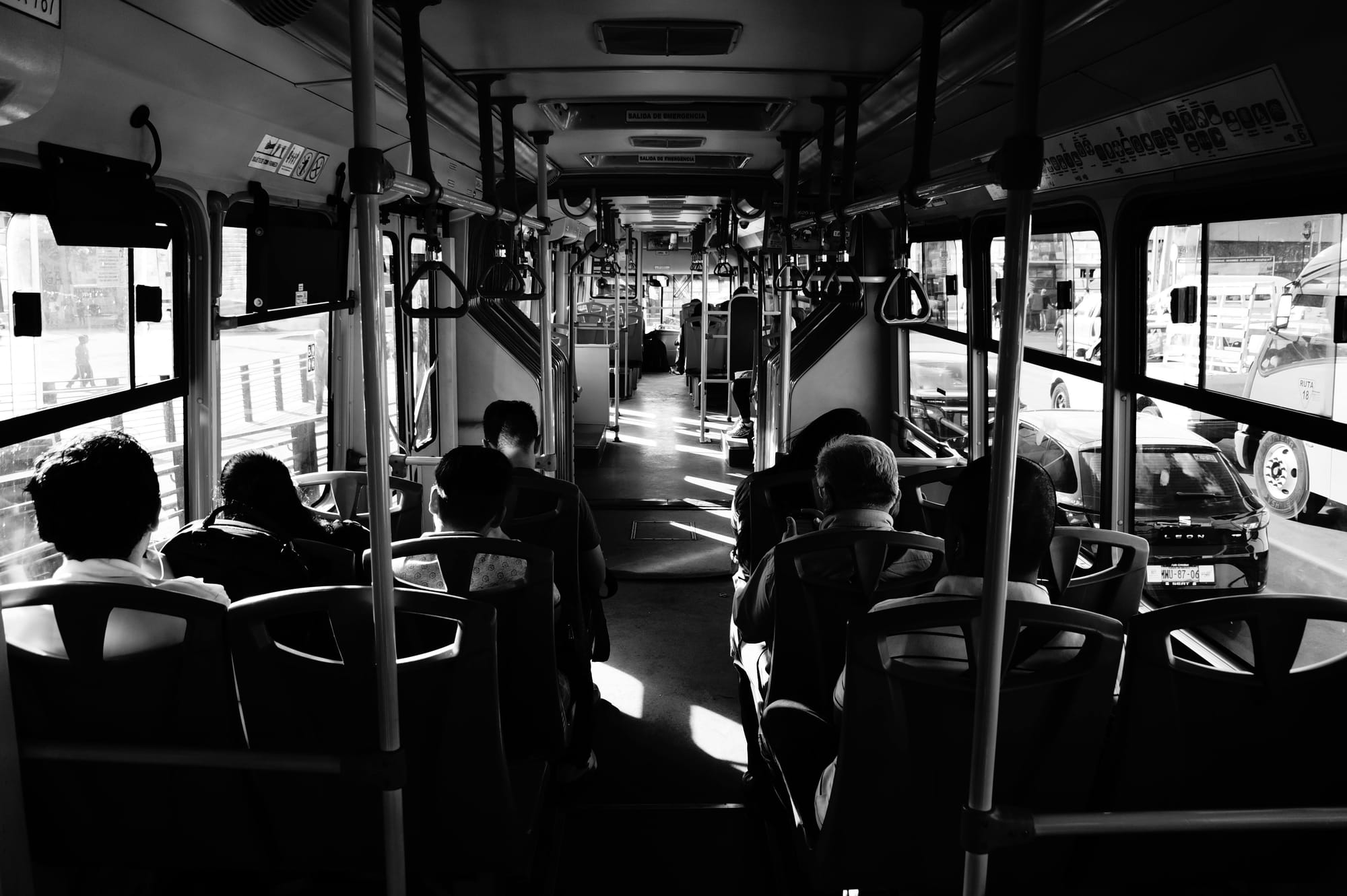Leaving home is a choice shaped by ambition, yet burdened with guilt. In the rush of the new, it’s the quiet moments that reveal the true weight of departure—the longing for what was left behind, whether it was worth it, and the quiet ache of what could have been.
I was standing in front of the train doors, which were about to close, when my father told me, “Mi mancherai. Sei sempre nei nostri pensieri." “I will miss you. You are always in our thoughts.”
I felt my heart crack, and when I saw his eyes filled with tears, I had the sudden impulse to jump off that train and go back home, where I would have found a warm meal, my mother’s tenderness, and a laughter with my sister.
But then,
what would have become of me?
At 24 years old, you might think you know how the world works and what to expect from people. But in reality, you don’t know anything.
Think about it: for the first three years of our lives, we are barely considered individuals. For the next sixteen years, we spend our time studying and learning, filling our minds with notions that, somehow, will be useful in the future. Notions that continue to shape our personalities—what we like, what we dislike, what we believe is right or wrong.
And then?
It’s up to us. After all that memorizing and growing, do you throw yourself into the unknown? Into the strange, alien adult job market? Or do you choose to be lulled a little longer within the safe walls of knowledge? I was fortunate enough to consider the latter an option, so I decided to make use of my privilege: University. Five more years of studying, learning, and filling my mind with ideas that would somehow be useful in my future.
But then,
after the loud noise of people celebrating your graduation, all you can hear is
silence.
The silence of not knowing what’s ahead of you anymore.
And people begin to wonder: “What will you do with your communication and journalism degree?”
What do I do with all the knowledge I’ve acquired?
It’s a truth universally acknowledged that in Italy, those like me —who study abstract subjects like communication, sociology, and cinema— are destined for oblivion. Or, if you’re lucky, you might get an unpaid internship (or one you might even have to pay for yourself).
So, you leave.
You move abroad, in pursuit of something.
A spark. A fire. A brand new light in the darkness.
But no one tells you that this choice as exciting, courageous, and probably right as it may be, is also excruciating.
In the frenzy of the day, you are completely absorbed by the stimuli, the novelties, the differences of a country that is different from your own, and by new people, too. But at night, when you lie on a mattress which hundreds of people have probably laid on before you, one that doesn’t seem to fit the shape of your back, you think about what you’ve left behind. Time. Time with your parents, your siblings, your grandparents, your cats. And every goodbye becomes harder and harder.
And then here comes the "what if?"
What if I had stayed? What if I had found a job there, closer to my family? What if I had never taken that plane? Would I be happier?
Let’s not forget that yes ,of course, you know what you leave behind, but you don’t know what you’ll find. Yet again, if you left, there was a reason for it, and that reason is still valid. It’s yours. Only yours. This is your path. Yes, you could have taken others —less steep, easier ones— where you wouldn’t have been out of breath in the end.
But maybe the final view wouldn’t have been as worth it.
The guilt of leaving someone behind is part of the human experience. Suffering is part of it. Without people to suffer for, to feel guilty for, or to feel nostalgic for, we wouldn’t know what love is.
And instead, how lucky we are to possess something so beautiful that we can miss it?




Comments ()